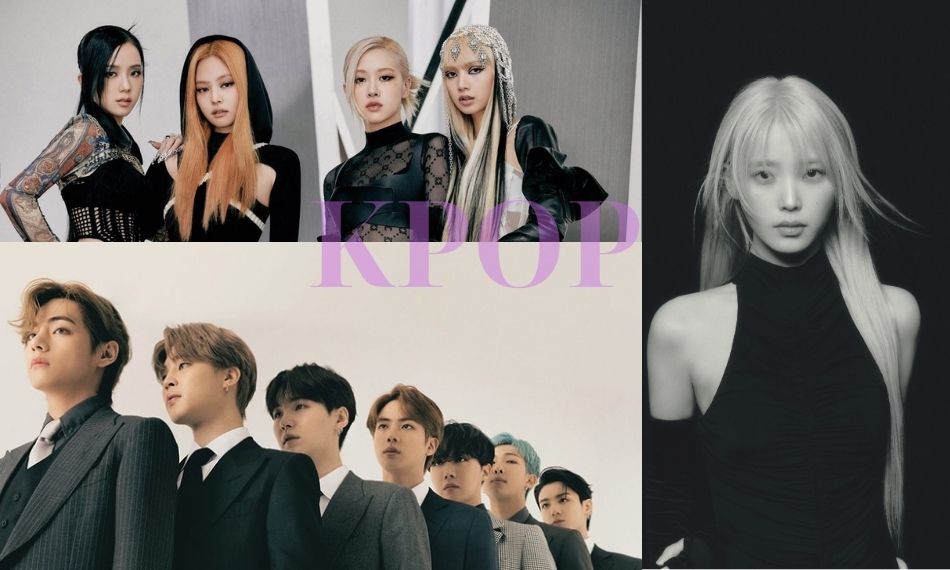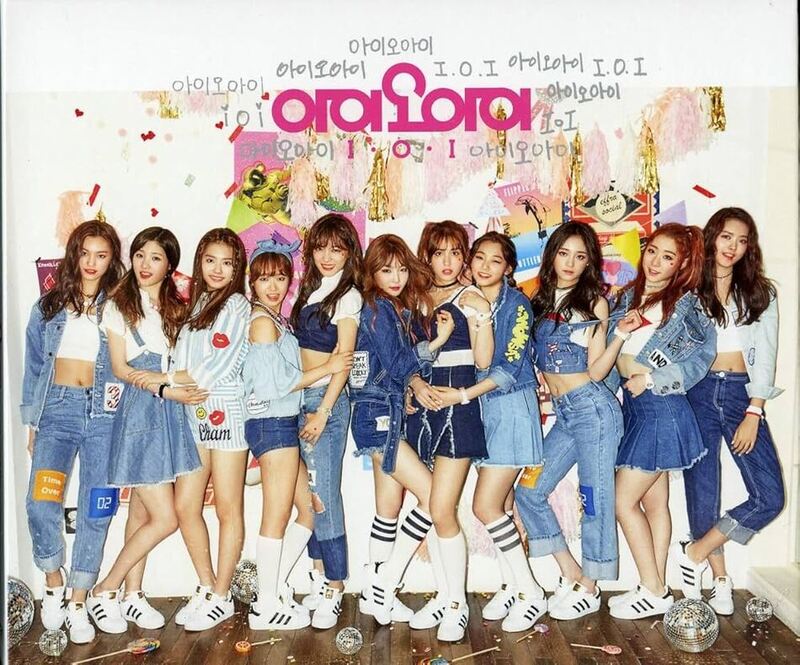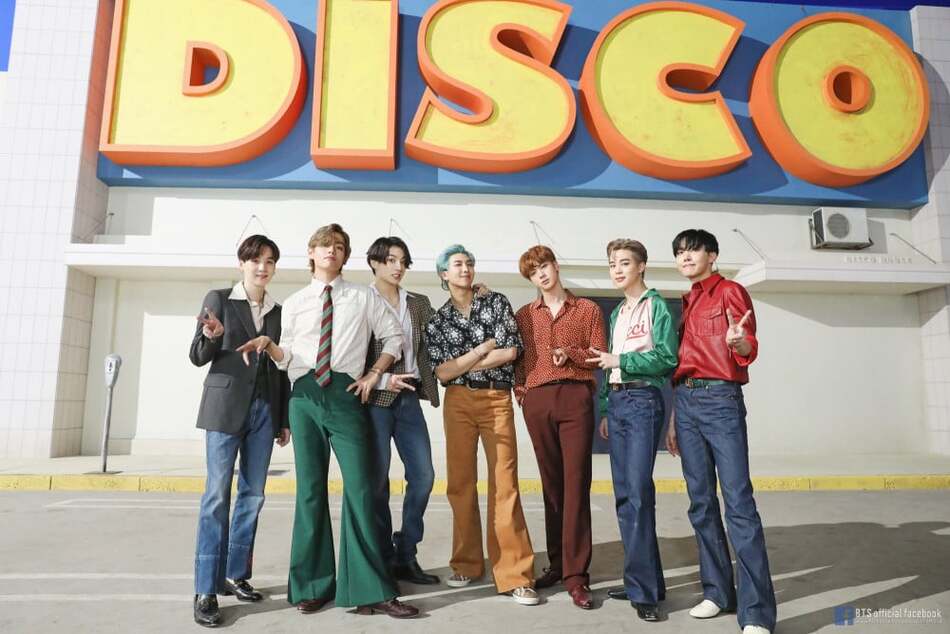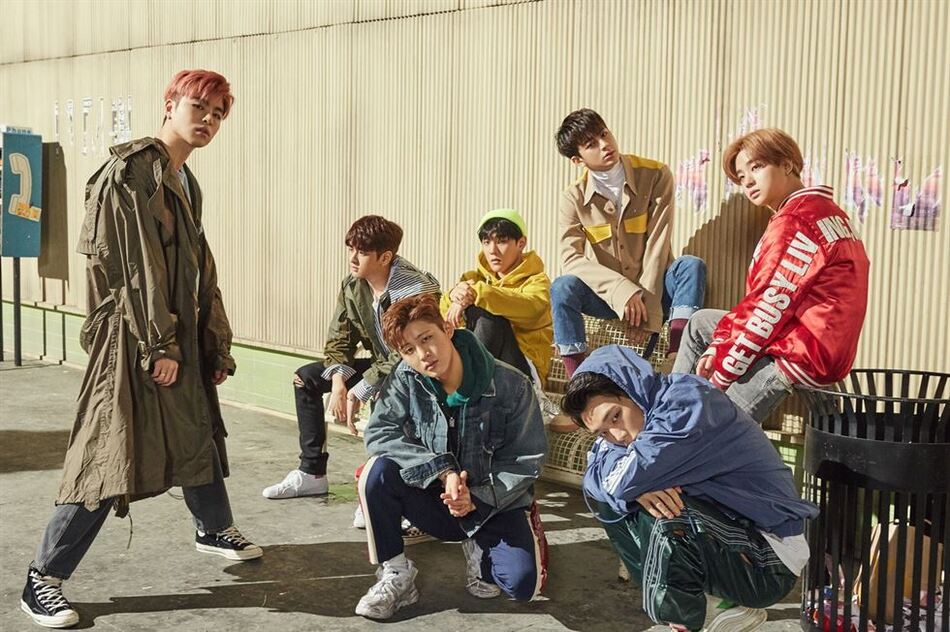Benefits to Learn Korean With Songs

Music creates emotional connections that help your brain remember words better. When you learn Korean with songs, you use different parts of your brain at once – the parts that handle language, memory, and feelings. This approach gives you many benefits:
- Improved Pronunciation: Listening to native singers helps you grasp pronunciation and intonation naturally.
- Memorable Vocabulary: Melodies help words stick in your mind longer than rote memorization.
- Cultural Insight: The lyrics introduce you to Korean traditions, expressions, and emotions.
- Enjoyable and Motivating: Studying with music keeps you engaged and entertained.
Recommended Songs for Beginners
Beginners who want to learn Korean with songs should choose ones that have clear pronunciation, simple vocabulary, and repetitive structures to make listening and learning easier.
“Spring Day” (BTS)

Why It’s Effective:
This emotional ballad is full of everyday vocabulary and commonly used phrases. The slow tempo makes it easier to follow along, perfect for beginners.
Vocabulary Highlights:
- 보고 싶어 (bogo sipeo) – I miss you
- 친구 (chingu) – Friend
- 기다리다 (gidarida) – To wait
- 눈꽃 (nunkkot) – Snowflake
- 시간 (sigan) – Time
“Lonely” (2NE1)

Why It’s Effective:
This song features clear pronunciation and slow-paced lyrics, making it an ideal choice for learners to learn Korean with K-pop songs.
Vocabulary Highlights:
- 외롭다 (woeropda) – To be lonely
- 사랑 (sarang) – Love
- 눈물 (nunmul) – Tears
- 기억하다 (gieokhada) – To remember
- 함께 (hamkke) – Together
“TT” (Twice)

Why It’s Effective:
This catchy tune makes it easy to learn Korean with songs – it’s full of simple phrases you’ll actually use in daily conversations.
Vocabulary Highlights:
- 슬프다 (seulpeuda) – To be sad
- 기분 (gibun) – Mood
- 어떡해 (eotteokhae) – What should I do?
- 웃다 (utda) – To smile/laugh
- 미소 (miso) – Smile
“Very Very Very” by I.O.I

Why It’s Effective:
This song features simple and repetitive lyrics that help you learn Korean with song through memorable patterns and basic emotional expressions.
Vocabulary Highlights:
- 매우 (maeu) – Very
- 좋아하다 (joahada) – To like
- 기다리다 (gidarida) – To wait
- 설레다 (seolleda) – To feel excited/flutter
- 마음 (maeum) – Heart/mind
“How You Like That” by BLACKPINK

Why It’s Effective:
This popular track offers clear pronunciation and modern expressions, making it ideal to learn Korean vocabulary with BLACKPINK songs despite containing English phrases.
Vocabulary Highlights:
- 빛나다 (bitnada) – To shine
- 어둠 (eodum) – Darkness
- 내려가다 (naeryeogada) – To go down
- 올라가다 (ollagada) – To go up
- 바닥 (badak) – Bottom/floor
- 하늘 (haneul) – Sky
Recommended Songs for Intermediate
For intermediate learners who want to learn Korean with songs, you should go for tracks with more complex lyrics, varied vocabulary, and diverse sentence structures to challenge and expand your skills.
“Through the Night” by IU

Why It’s Effective:
IU’s clear pronunciation and moderately paced delivery make this ballad accessible to intermediate learners while introducing more complex sentence structures.
Vocabulary Highlights:
- 편지 (pyeonji) – Letter
- 잠들다 (jamdeulda) – To fall asleep
- 꿈결 (kkumgyeol) – Dreamlike state
- 속삭이다 (soksagida) – To whisper
- 별빛 (byeolbit) – Starlight
“Eyes, Nose, Lips” by Taeyang

Why It’s Effective:
This emotional ballad helps you learn Korean with music through conversational language, emotional vocabulary and powerful metaphors.
Vocabulary Highlights:
- 눈코입 (nunkoit) – Eyes, nose, lips
- 그리다 (geurida) – To draw/portray
- 향기 (hyanggi) – Scent/fragrance
- 지우다 (jiuda) – To erase
- 남기다 (namgida) – To leave behind
“Dynamite” by BTS

Why It’s Effective:
While primarily in English, the Korean interviews and behind-the-scenes content make this a great way to learn Korean with song while enjoying BTS’s most globally recognized hit.
Vocabulary Highlights:
- 성취감 (seongchwigam) – Sense of achievement
- 힘을 내다 (himeul naeda) – To cheer up/gain strength
- 행복하다 (haengbokhada) – To be happy
- 노력하다 (noryeokhada) – To make an effort
- 즐기다 (jeulgida) – To enjoy
“Eight” by IU feat. Suga

Why It’s Effective:
This collaboration combines IU’s melodic vocals with Suga’s rap, offering diverse speech patterns to learn Korean with songs about youth and the passage of time.
Vocabulary Highlights:
- 영원히 (yeongwonhi) – Forever
- 기억 (gieok) – Memory
- 흘러가다 (heulleogada) – To flow away
- 시간 (sigan) – Time
- 젊음 (jeolmeum) – Youth
“Love Scenario” by iKON

Why It’s Effective:
Learn Korean with K-pop songs through this catchy track that uses natural conversational Korean to tell a story about a relationship’s beginning and end.
Vocabulary Highlights:
- 시나리오 (sinaio) – Scenario
- 이별 (ibyeol) – Farewell/breakup
- 아쉽다 (ashipda) – To be regretful
- 추억하다 (chueokada) – To reminisce
- 고맙다 (gomapda) – To be thankful
Recommended Songs for Advanced
“Beautiful” by Crush

Why It’s Effective:
As part of the famous K-drama Goblin, this rap-heavy track blends poetic storytelling with smooth, fast-paced delivery, offering a chance for advanced learners to learn Korean vocabulary with songs.
Vocabulary Highlights:
- 아름다워 (areumdawo) – Beautiful
- 영원하다 (yeongwonhada) – Eternal
- 속삭이다 (soksagida) – To whisper
- 반짝이다 (banjjagida) – To sparkle
- 사라지다 (sarajida) – To disappear
“Palette” by IU feat. G-Dragon

Why It’s Effective:
This collaboration helps you learn Korean vocabulary with songs that explore self-identity through sophisticated lyrics, metaphors, and nuanced expressions about growing up.
Vocabulary Highlights:
- 팔레트 (palleiteu) – Palette
- 어울리다 (eoullida) – To match/suit
- 취향 (chwihyang) – Taste/preference
- 달라지다 (dallajida) – To change/become different
- 성숙하다 (seongsukada) – To mature
“Ddaeng” by BTS (RM, SUGA, J-Hope)
Why It’s Effective:
The way you learn Korean with songs reaches its peak with this rap track, showcasing mastery through clever wordplay, deep meanings, and rich cultural references.
Vocabulary Highlights:
- 땡 (ddaeng) – Wrong
- 성공 (seonggong) – Success
- 부자 (buja) – Rich person
- 거지 (geoji) – Beggar
- 자신감 (jasingam) – Confidence
“Nakka” by AKMU ft. IU

Why It’s Effective:
This song helps you learn Korean with song through its mix of casual and metaphorical language, making it ideal for understanding deeper meanings in lyrics.
Vocabulary Highlights:
- 떨어지다 (tteoreojida) – To fall
- 믿다 (mitda) – To believe
- 끝없이 (kkeudeobsi) – Endlessly
- 어둠 (eodum) – Darkness
- 잡다 (japda) – To grab/hold
“Daechwita” by Agust D (Suga)

Why It’s Effective:
Blending traditional Korean sounds with modern rap, this track offers an immersive way to learn Korean with song while absorbing historical references and sophisticated wordplay.
Vocabulary Highlights:
- 대취타 (daechwita) – Traditional military music
- 왕권 (wanggwon) – Royal authority
- 칼을 갈다 (kaleul galda) – To sharpen one’s sword (metaphor for preparation)
- 신분 (sinbun) – Social status
- 영토 (yeongto) – Territory
See also: K-dramas for beginners
Strategies for Learning Korean with Songs

To maximize your learning experience with K-pop songs, you can try implementing these effective strategies:
- Start with lyrics and translations: To better understand meaning and recognize patterns, you can compare Korean lyrics (Hangul) with their English translations while studying them side by side.
- Focus on chunks, not individual words: Rather than memorizing single vocabulary words, try learning meaningful phrases like “보고 싶어요” (I miss you) or “정말 좋아해요” (I really like it).
- Use the shadowing technique: One effective way to improve your pronunciation and speaking confidence is by listening to a line, pausing, and then repeating it aloud as accurately as possible.
- Create vocabulary lists from each song: From each song, you can pick out 8-10 useful words or phrases and make a habit of reviewing them regularly as part of your vocabulary practice.
- Progressive listening: After enjoying the song, you might need to listen while reading the lyrics, and finally sing along to reinforce both pronunciation and memory.
- Make connections between songs: It;s important to pay attention to recurring words like “사랑” (love) or “마음” (heart/mind) across different songs, as seeing them in various contexts will help deepen your understanding.
Conclusion
To learn Korean with songs will turn language study from a chore into a joyful journey. Whether you’re enjoying BTS ballads or BLACKPINK’s energetic hits, music connects vocabulary to emotions, making words stick naturally. Let’s learn Korean today with GuruLango and discover how melody can be your best language teacher.